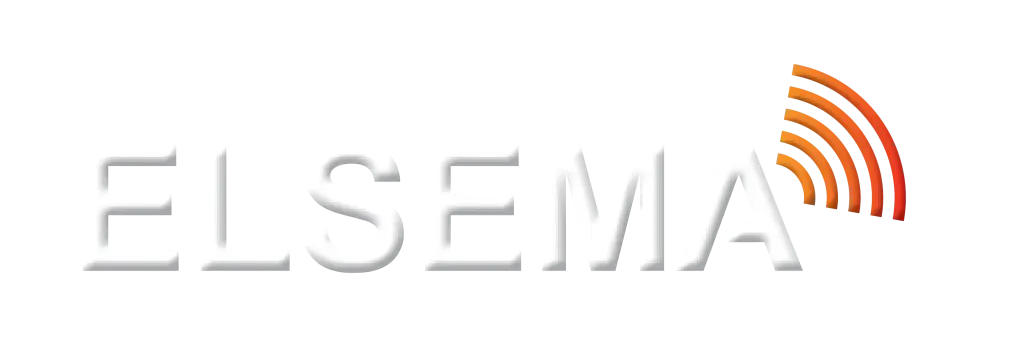Antenna Selection Guide: Choosing the Right Antenna for Your RF Equipment
Elsema manufactures a comprehensive range of high quality antennas, designed and manufactured by our expert RF engineers using advanced technology and test equipment. We stock a variety of standard antennas for popular frequencies like 4G, LTE, 915MHz, 433MHz, and 151MHz, with customizable options for different frequency bands, connectors, and coaxial cables to meet specific customer needs.
How to Select the Right Antenna Frequency
When selecting an antenna, matching its frequency to your equipment is crucial. Most of Elsema’s radio equipment operates on frequencies of 4G, 915MHz, 433MHz, and 151MHz. At higher frequencies, such as 4G, 433MHz and 915MHz, it is essential to use a low loss coaxial cable with a high quality connector to maintain signal integrity.
As a general guideline, we use high quality SMA connectors for frequencies above 300MHz. For frequencies below 300MHz, we typically use PL259 and SO239 connectors, as they are unsuitable for higher frequencies. Additional connector types like N, BNC, MCX, and MMCX are available upon request.
Key Considerations for Choosing the Right Antenna
- Antenna Gain: Antenna gain is typically measured in decibels (dBi) relative to an isotropic radiator, which is a theoretical antenna that radiates equally in all directions. Alternatively, gain can also be expressed in dBd, where 1dBd equals dBi – 2.15.
- SWR (Standing Wave Ratio): SWR is an indicator of the mismatch between the antenna load and the transmission line’s impedance. An SWR of 1 is ideal, indicating no signal reflections. Generally, an SWR under 1.5:1 is considered good, while an SWR over 2:1 suggests a potential issue with the antenna. Refer to our SWR to power conversion table for details on transmitted vs. reflected power.
- Coaxial Cable Quality: All coaxial cables experience some degree of signal attenuation. Choosing a high quality coaxial cable minimizes this loss, ensuring better performance. Consult our coaxial cable data table to compare specifications and select the best option for your setup.
If you are still unsure after reading this antenna selection guide, please contact Elsema. Our team is ready to provide expert guidance to meet your specific requirements.
